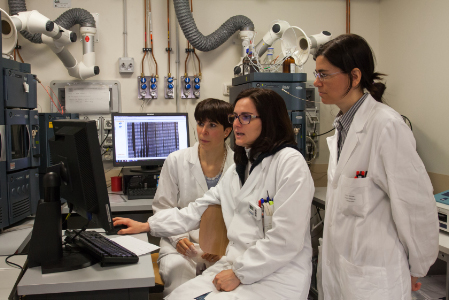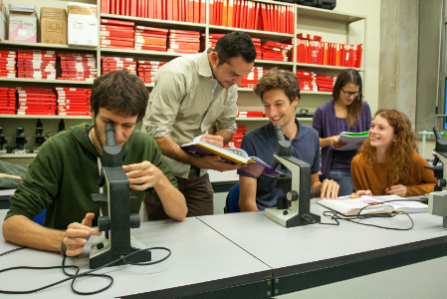Idiopathic calcium nephrolithiasis (ICN) is a multifactorial disease, the pathogenesis of which involves a complex interaction of environmental and individual factors. A number of evidence supports the role of the environmental influence. However, under the same environmental conditions, only some individual have a tendency to develop stone disease and these subjects frequently have family members affected by the disease. The importance of hereditary factors in the idiopathic calcium oxalate stone disease has emerged from several studies, but the specific genes have yet to be defined. A growing body of evidence shows an association between Cystic Fibrosis (CF) and calcium nephrolithiasis. Of patients with CF, 3.0 to 6.3% are affected with nephrolithiasis, a percentage greater than that of age-matched healthy controls in whom the rate is 1-2%. In renal stone CF patients, stone composition have been generally reported to be calcium oxalate. Hyperoxaluria, hypocitraturia, mild metabolic acidosis, and low urine volume are frequently observed in CF subjects too, in whom they concur in determining an unfavourable urine physical-chemical milieu which leads to lithogenesis.
Aim of this project is to investigate whether idiopathic calcium renal stone formers presenting with hyperoxaluria and hypocitraturia are associated with CFTR gene mutations or polymorphisms.
The 27 exons of CFTR gene and their intronic flanking regions will be analysed for the presence of mutations with PCR and Denaturing Gradient Gel Electrophoresis (DGGE) and DNA sequencing.







